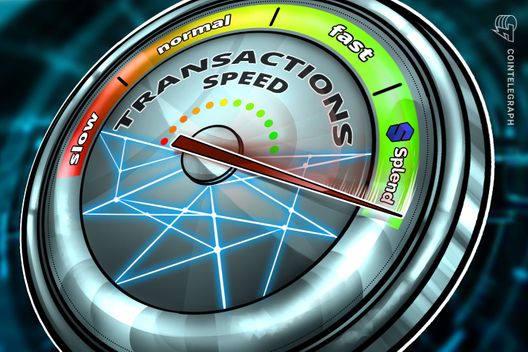India to reduce GST paid on cryptocurrency exchanges from 18% to 1% through regulatory reclassification
Despite the growing popularity of cryptocurrencies in India, lawmakers remain deeply divided on implementing a proper regulatory framework.
661 Total views
12 Total shares

According to a report from CNBC TV18 India, the nation’s government plans to reclassify cryptocurrency exchanges as e-commerce platforms, which will reduce the Goods and Services Taxes (GST) users must pay per transaction, or per trade, to 1%.
Currently, the Indian Government levies an 18% GST on transactions conducted on registered cryptocurrency exchanges, which is passed to users as trading fees. The process is similar to the tax protocol of India’s stock brokerages.
However, depending on the legal domicile of the exchange, the new GST proposal could result in more tax liabilities for certain users. Back in July, Business Insider India reported that the government may ask foreign cryptocurrency exchanges to charge the same 18% GST as domestic equivalents to their clients when conducting business with Indian nationals. Overseas crypto exchanges are typically exempt from GST registration in India, resulting in a sizable tax gap between users of different exchanges.
Related: Indian crypto exchange CoinSwitch Kuber raises $260M
Indian lawmakers remain sharply divided by the construction of a regulatory framework for cryptocurrencies in the country. Proposed legislation ranges from classifying cryptocurrencies as commodities to outright bans on the trading of digital assets. Last year, the Supreme Court of India struck down the Reserve Bank of India’s ban, which prohibited banks from conducting business with cryptocurrency firms. Meanwhile, Prime Minister Narendra Modi has publicly backed blockchain technology but has also been a victim of a crypto Twitter scam hack.









